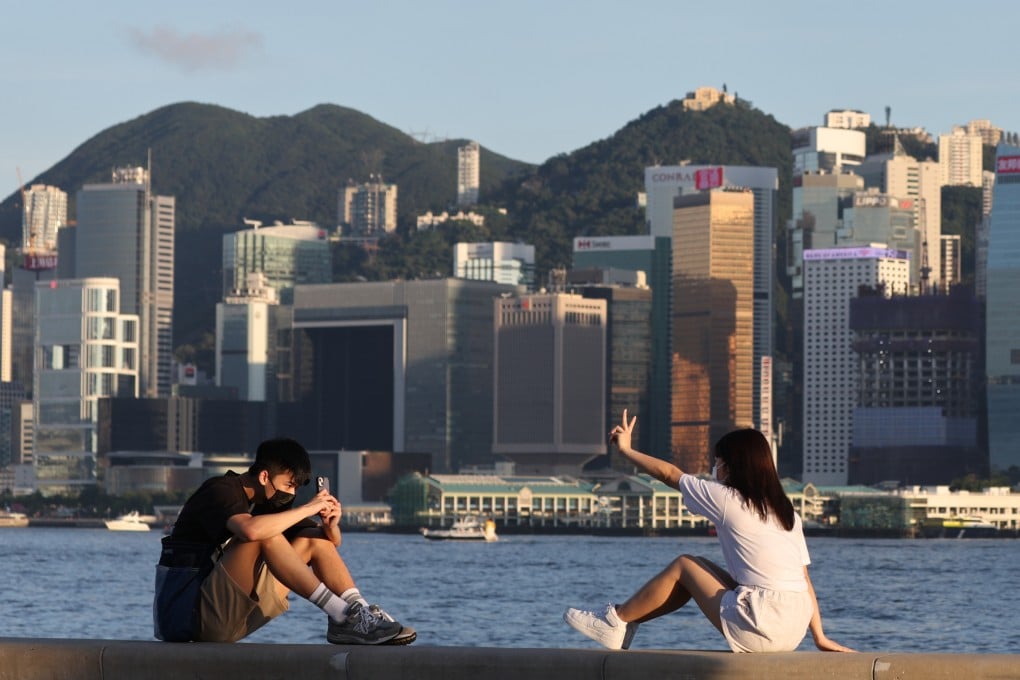The View | Growing divides in Asia and the wider world leave young people struggling to connect
- A decade ago, Asia’s millennials were optimistic the region would set aside conflicts and become more united to meet global challenges such as climate change
- Today’s Generation Z, who grew up amid rising geopolitical tensions and major economic disruptions, are no longer so hopeful

Many grew up in Asia’s high-performing tiger economies that benefited immensely from global economic integration. Most tiger cubs came of age during a time of relative peace and rising prosperity. They have protective baby boomer parents who knew hunger and poverty, and who often used their new-found affluence to ensure their children would be competitive enough to make the most of the opportunities they themselves never had.
They hungered for stronger regional solutions while lamenting that international leaders were not solving global environmental problems. They worried about widening inequality and emphasised the need to develop well-educated labour forces and an active market economy, to create more investment and job opportunities.
They looked confidently to a hopeful future where Asia would become more globally and regionally integrated. Asia would set aside regional conflicts and become more united, as economies aligned on a set of common values marked by pragmatism rather than ideology, perhaps through a pan-Asian organisation, a kind of Asian Union modelled after the European Union.
They thought of decoupling as a process where Asia could find new sources of growth and reduce its reliance on the West.

